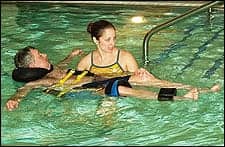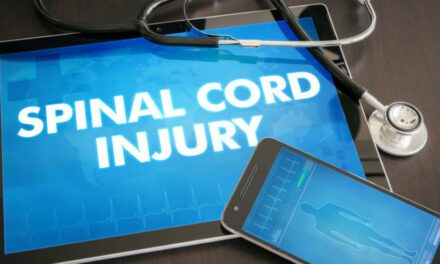.png)
Thomas F. Kirk, PhD, Hanger CEO, articulates the organization’s excitement in reaching the milestone two years to the day of the enrollment of the trial’s first patient, “We are one step closer to brining the WalkAide technology to those that need it most,” Kirk adds.The release notes that the trial’s purpose centers on comparing the use of the WalkAide, a functional electrical stimulation (FES) device, with the standard ankle-foot orthosis (AFO), a rigid plastic brace which is designed to stabilize a paralyzed or weakened foot in a functional position. Researchers report that the INSTRIDE trial’s primary outcome measures will include ambulation, specifically to gait velocity, and activities of daily living. A comparison of success between the two devices at 6 months will serve as the main study’s endpoint. The trial’s results will reportedly help build the basis for submission in 2013 to the Centers for Medicare and Medicaid Services (CMS) to request national coverage of the WalkAide.
The WalkAide device is an external stimulator that applies electrical pulses in order to restore proper foot flexion for patients who have suffered an upper motor neuron disruption from a stoke, incomplete spinal cord injury (SCI), traumatic brain injury (TBI), multiple sclerosis (MS), or cerebral palsy (CP). Hanger adds that the device was granted a 502(k) clearance by the US Food and Drug Administration (FDA) in 2005 and a CE Mark from the European Union in 2006.
For more information, visit http://www.hanger.com
Source: Hanger Orthopedic Group




